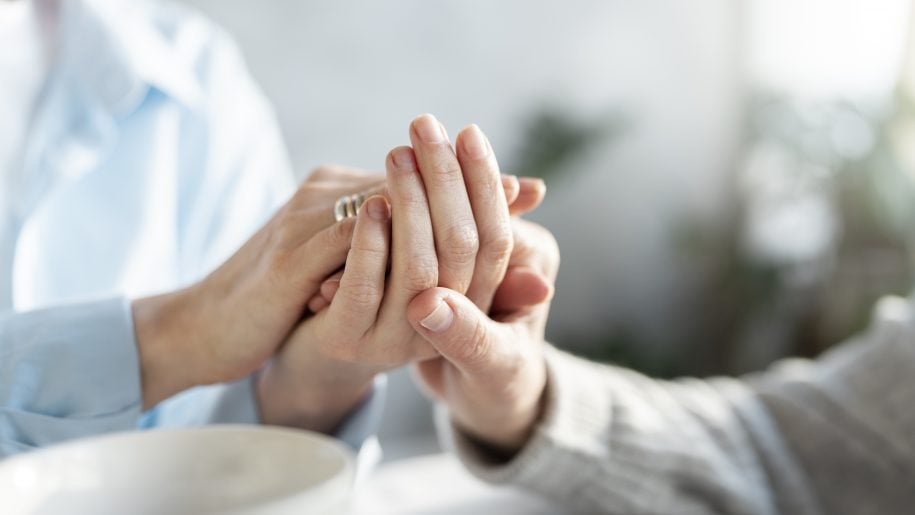This information is for people who are concerned that another person is not seeking immediate help related to their serious mental health issues.
Access the translated versions here
Getting Someone a Mental Health Assessment

If Someone is in Immediate Danger Call 000
If there is an urgent need for assistance but no immediate danger, advice is available from:
- The Mental Health Line
- A Community Mental Health Service
- The person’s General Practitioner
- A hospital emergency department
It is normal for you to feel stressed, anxious, upset, or angry when someone you care about has serious mental health issues.
You may find it hard to explain what is happening, remember things, and understand new information.
Emergency and health care staff are trained to listen to family, carers, and the person experiencing distress.
Remember:
- It is OK to speak to multiple services.
- It is also OK to ring again to provide more or new information.
- You should call for help every time you are concerned about someone’s safety.
- Sometimes, despite best intentions, things don’t go to plan, but it is not your fault.

Call Triple Zero 000
When you call 000 the Ambulance and/or the Police may attend. They can take a person to the local hospital emergency department for a mental health assessment(1) if they think it is necessary.
Many police stations in NSW have PACER(2) teams. The PACER team includes skilled mental health staff, and if available, they will come to where the person is and assess them. This can avoid the person being taken to hospital. The PACER team is sent after a call to the police or 000 for assistance. You can ask if a PACER team is available.
Mental Health Assessment Services
The Mental Health Line 1800 011 511
The NSW Mental Health Line connects you to a local mental health professional. They understand mental health issues and can tell you how to access the most relevant mental health service near you. These services may be for children and teens, adults, and older people.
The Mental Health Line is available to everyone in NSW and operates 24 hours a day, 7 days a week.
Community Mental Health Services
The Mental Health Line can put you in contact with your local Community Mental Health Service. You can also contact them directly by looking up the website of your Local Health District. However, they are not an emergency service, and a response is not always immediate.
For information on ‘Carers in the Community’, visit our website here.
The General Practitioner
The person’s GP can help you. If the GP decides that the person needs assessment because of their mental illness or disorder, they can sign a ’Schedule’ under the Mental Health Act(3). This schedule states that the person needs ‘care, treatment or control’ because of their mental illness and the person can be taken to a hospital for assessment against their will. The GP can ask for Ambulance or Police assistance if necessary.
Hospital Emergency Department
Most hospital emergency departments have staff who can assess a person’s mental health. However, small hospitals may refer the person to a larger hospital or arrange a remote assessment.
As a carer or family member, you can ask the ‘authorised medical officer’ at the emergency department to assess the person(4). You need to do this in writing. This letter allows staff to keep the person at the emergency department until the assessment is completed.
You don’t need to know the name of the ‘authorised medical officer’ and the letter can be in any form (an email or text will do).
For information on ‘In the Emergency Department’, visit our website here.
Your Rights
If you are the main carer for the person with a mental illness you have the right to be advised by hospital staff about what is going on(5).
For information on ‘Carers Rights’, visit our website here.
Where You Can Find More Information
More information is available at:
(1) Section 20 & 22 of the Mental Health Act 2007 (NSW )
(2) Police, Ambulance and Clinical Early Response Team
(3) Section 19 of the of the Mental Health Act 2007 (NSW)
(4) Section 26 of the Mental Health Act 2007 (NSW)
(5) See brochure 10 for more information about designated carers and principal care providers.

